Based on a true story. The name of the real ship, that sunk Feb 5 1941 – during WWII – was S/S Politician. Having left Liverpool two days earlier, heading […]
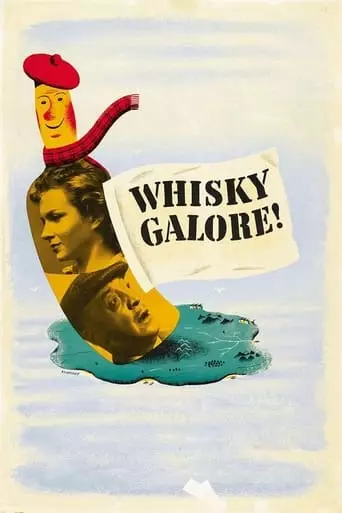
Based on a true story. The name of the real ship, that sunk Feb 5 1941 – during WWII – was S/S Politician. Having left Liverpool two days earlier, heading […]
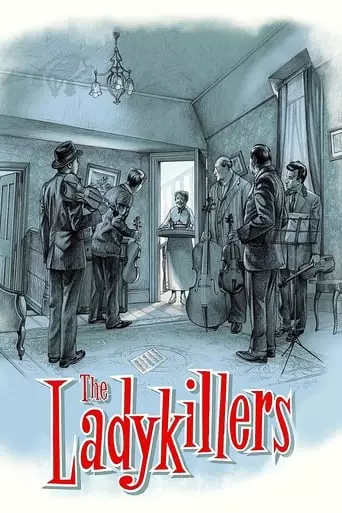
Five oddball criminals planning a bank robbery rent rooms on a cul-de-sac from an octogenarian widow under the pretext that they are classical musicians. The Ladykillers is a 1955 British […]
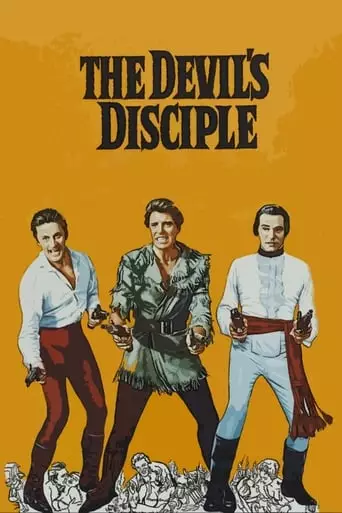
In a small New England town during the American War of Independence, Dick Dudgeon, a revolutionary American Puritan, is mistaken for local minister Rev. Anthony Anderson and arrested by the […]
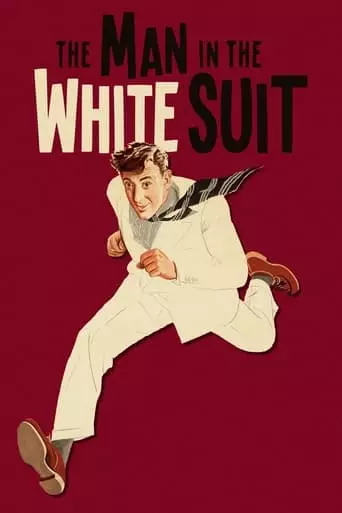
The unassuming, nebbishy inventor Sidney Stratton creates a miraculous fabric that will never be dirty or worn out. Clearly he can make a fortune selling clothes made of the material, […]
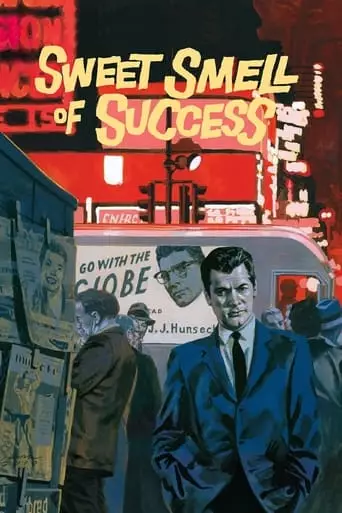
New York City newspaper writer J.J. Hunsecker holds considerable sway over public opinion with his Broadway column, but one thing that he can’t control is his younger sister, Susan, who […]
Alexander Mackendrick: A Master of Subtlety and Satire
Alexander Mackendrick was a Scottish-American filmmaker celebrated for his precise storytelling, sharp wit, and mastery of both comedy and drama. Best known for his work with Ealing Studios, including classics like The Ladykillers (1955) and Whisky Galore! (1949), Mackendrick also made a significant impact in Hollywood with Sweet Smell of Success (1957), a dark, cynical portrayal of ambition and power. Over his career, Mackendrick demonstrated a remarkable ability to navigate diverse genres, leaving behind a legacy of nuanced, character-driven films that continue to resonate with audiences.
Early Life and Career Beginnings
Alexander Mackendrick was born on September 8, 1912, in Boston, Massachusetts, to Scottish parents. After the death of his father in 1917, Mackendrick moved to Scotland with his mother, where he was raised by his grandfather. He later attended the Glasgow School of Art, studying commercial art and design.
Mackendrick began his career in advertising, creating storyboards and writing scripts for commercials. This experience honed his skills in visual storytelling and economy of expression, qualities that would define his filmmaking style. In 1937, he transitioned to the British film industry, working as a scriptwriter and art director before directing his first feature film in 1949.
Ealing Studios and Comedic Triumphs
Mackendrick rose to prominence during his time at Ealing Studios, a British production company known for its charming and distinctly British comedies. His films during this period are celebrated for their wit, satirical edge, and meticulous craftsmanship.
Whisky Galore! (1949): Mackendrick’s directorial debut, this comedy is based on the true story of a Scottish island community that discovers a shipwreck full of whisky during wartime rationing. The film captures Mackendrick’s ability to blend humor with social commentary, showcasing the resilience and ingenuity of ordinary people.
The Man in the White Suit (1951): This satirical comedy stars Alec Guinness as a chemist who invents an indestructible fabric, only to face opposition from both labor unions and industrialists. The film’s biting critique of progress and self-interest remains relevant, and Mackendrick’s direction balances humor with a deeper philosophical inquiry.
The Ladykillers (1955): One of Mackendrick’s most iconic films, The Ladykillers is a dark comedy about a group of inept criminals, led by Alec Guinness, who use an elderly woman’s boarding house as their hideout. The film’s mix of macabre humor, eccentric characters, and visual precision exemplifies Mackendrick’s mastery of tone and style.
Transition to Hollywood: Sweet Smell of Success (1957)
In 1955, Mackendrick moved to the United States to work in Hollywood. His first American film, Sweet Smell of Success, marked a stark departure from the lighthearted comedies of his Ealing days. This gritty, noir-infused drama stars Burt Lancaster as a powerful newspaper columnist and Tony Curtis as a desperate press agent willing to do anything to curry favor.
Sweet Smell of Success is widely regarded as Mackendrick’s masterpiece. Its sharp dialogue, morally complex characters, and unflinching portrayal of ambition and corruption earned critical acclaim, though it was not a commercial success upon release. The film’s reputation has grown over time, and it is now considered one of the greatest American films ever made.
Later Career and Teaching
Despite the acclaim for Sweet Smell of Success, Mackendrick found Hollywood’s studio system stifling and struggled to secure projects that aligned with his artistic vision. He directed only a few more films, including Don’t Make Waves (1967), a satirical comedy starring Tony Curtis, and A High Wind in Jamaica (1965), a drama about children captured by pirates.
In the late 1960s, Mackendrick shifted his focus to teaching. He became the dean of the film department at the California Institute of the Arts (CalArts), where he taught for over 20 years. As an educator, Mackendrick inspired a new generation of filmmakers, emphasizing the importance of visual storytelling, character development, and clarity in filmmaking. His teachings were later compiled into the book On Film-Making: An Introduction to the Craft of the Director, published posthumously in 2004.
Directorial Style and Themes
Mackendrick’s films are distinguished by their attention to detail, sharp characterizations, and thematic depth. Key elements of his style include:
Visual Precision: Mackendrick’s background in art and design is evident in his meticulous compositions and use of visual storytelling to convey emotion and subtext.
Moral Complexity: Whether in comedies or dramas, Mackendrick’s films often explore ethical dilemmas, flawed characters, and the gray areas of human behavior.
Satirical Edge: Many of Mackendrick’s works, particularly his Ealing comedies, use humor to critique societal norms, institutions, and human folly.
Focus on Character: Mackendrick prioritized character development, crafting multidimensional protagonists and antagonists whose motivations drive the narrative.
Legacy and Influence
Alexander Mackendrick’s contributions to cinema extend beyond his relatively small filmography. His work at Ealing Studios helped define the golden age of British comedy, while Sweet Smell of Success remains a landmark in American film noir. As a teacher, Mackendrick influenced countless filmmakers, leaving a lasting legacy in both his films and his philosophy of filmmaking.
Though he directed only a handful of films, Mackendrick’s ability to balance humor, drama, and social commentary ensures his place among the great directors of the 20th century. His films continue to be celebrated for their intelligence, craftsmanship, and enduring relevance.
Conclusion
Alexander Mackendrick was a filmmaker of extraordinary talent and vision, capable of navigating diverse genres with precision and insight. From the whimsical charm of Whisky Galore! to the biting cynicism of Sweet Smell of Success, his films reflect a deep understanding of human nature and a commitment to storytelling excellence. As both a director and an educator, Mackendrick left an indelible mark on the art of cinema, ensuring his legacy endures for generations to come.